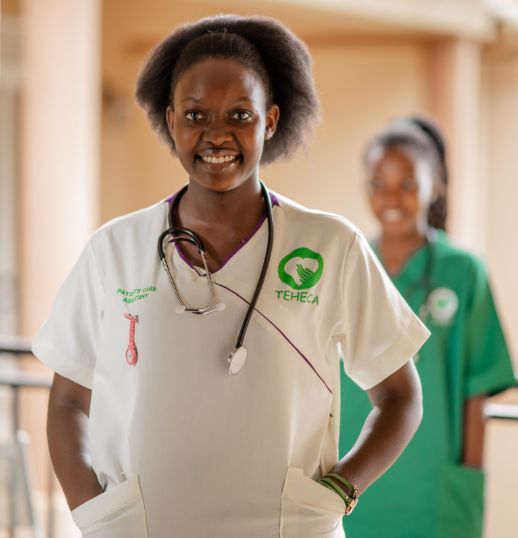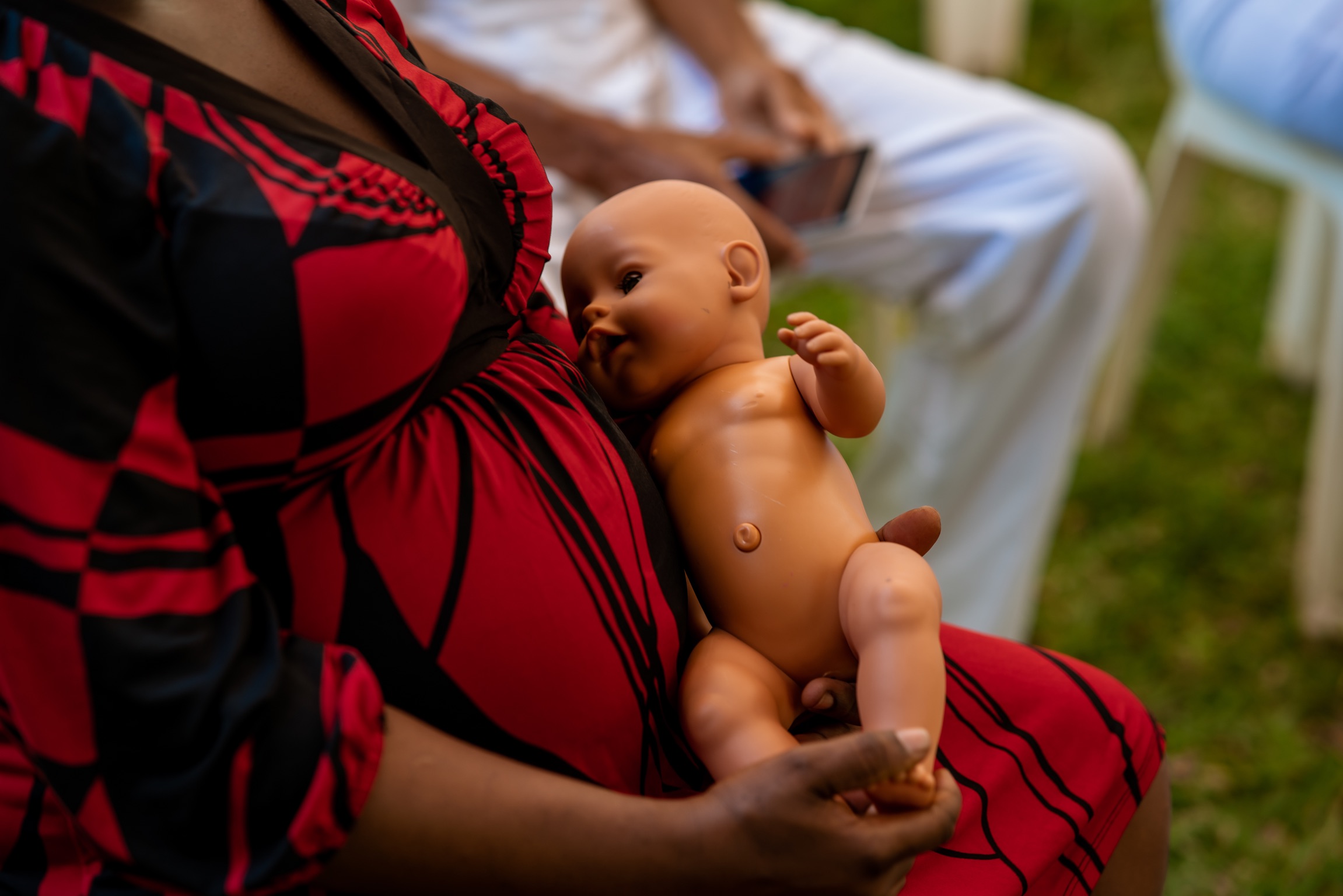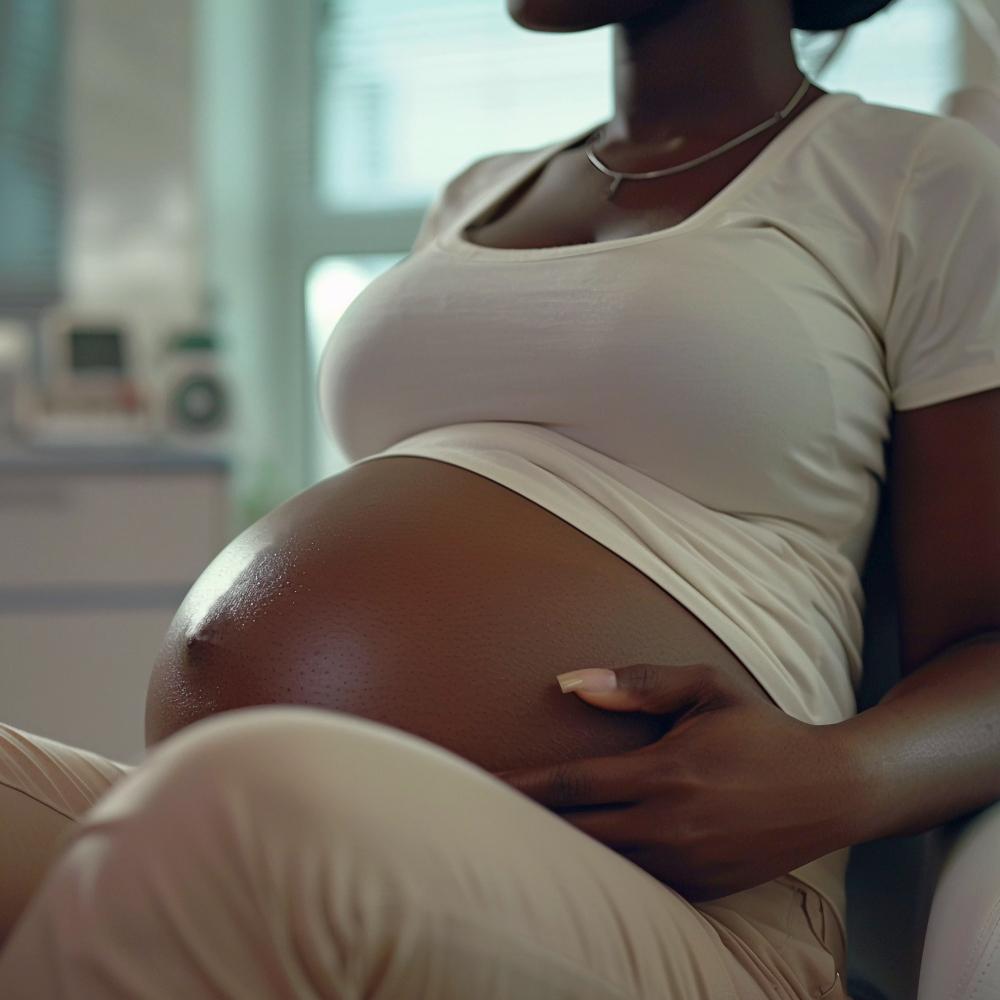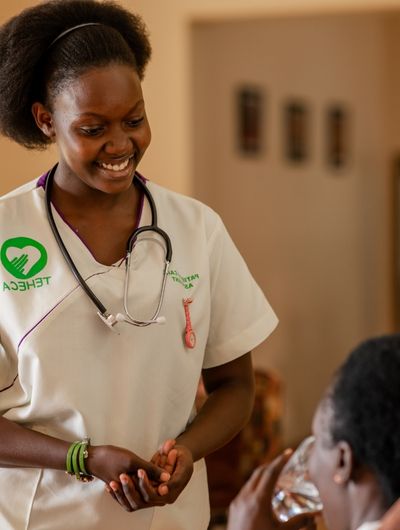Infections during pregnancy can hurt both you and your baby. Thankfully, you can improve the chances that your baby will be born healthy by taking a few extra precautions and making healthy choices.
Here’s what you can do while you’re pregnant to protect yourself and your baby from infections.
Maintain good hygiene.
Wash your hands often—especially when you’re around or caring for children. Regular handwashing, particularly before and after certain activities, is one of the best ways to remove germs, avoid getting sick, and prevent infections.
It’s especially important to wash your hands before and/or after certain activities like after using the bathroom, before handling food, and after blowing your nose. If soap and running water are not available, you can use alcohol-based hand sanitizer gel.
RELATED: HOW TO CARE FOR NEWBORNS UMBILICAL CORD
Cook your meat/food until it’s well done.
The juices should run clear and there should be no pink inside. Ground meat should be thoroughly cooked. For other meat like beef and pork, cook it to a minimum of 145° F (63°C) and let it rest for several minutes after cooking.
Do not eat hot dogs, luncheon meats, or deli meats unless they are reheated until steaming hot. These undercooked meats and processed meats might contain harmful bacteria
Talk to your doctor about vaccinations.
Some vaccines are recommended before you become pregnant, during pregnancy, or right after delivery. Having the right vaccinations at the right time can help keep you healthy. Vaccinations can also help keep your baby from getting very sick or having life-long health problems.
Consult your doctor about vaccines that you should have and when.
Want to talk to a doctor but don’t have the time, you can choose telemedicine service providers like Rocket Health in Uganda (You can tell Teheca recommended you)
Get tested for sexually transmitted infections (STIs).
Some people that have STIs do not feel sick or have any symptoms. It’s important to know if you have an STI when you’re pregnant because this can have serious effects on you and your baby.
If you do test positive for an STI, talk to your doctor about what you can do to protect yourself and your baby.
Some STIs are treatable while you’re pregnant. Be sure you’re using safe sex practices to prevent STIs.
Avoid people who have an infection.
This is especially true for infections like chickenpox or rubella. Chickenpox can cause pregnancy complications and birth defects; rubella can cause serious birth defects and put you at risk for miscarriage or stillbirth.
Stay away from anyone who has these infections if you have not yet had them yourself or if you didn’t have the vaccine(s) before you got pregnant.
During the COVID-19 pandemic, be sure to follow recommended safety measures—wear a mask, avoid crowds, and practice social distancing.

Protect yourself against insects known to carry diseases.
Infected mosquitos can transmit viruses like the Zika virus, which has been linked to birth defects.
Tick bites can spread diseases like Lyme disease too, which can cause pregnancy complications if it’s left untreated.
When mosquitoes and ticks are active, wear long-sleeved shirts and long pants when you’re outside. Use insect repellents with one of the following active ingredients when possible and above all sleep under an insecticide-treated mosquito.
Avoid traveling to areas where infections can threaten you and your baby.
Do not touch or change dirty cat litter and avoid contact with potentially contaminated soil.
Have someone else do it. If you must change the litter yourself, be sure to wear gloves and wash your hands afterward. Dirty cat litter and soil might contain a harmful parasite that causes an infection called toxoplasmosis.
Follow us on our social media for more care-focused content FACEBOOK, TWITTER, INSTAGRAM






Leave a Reply